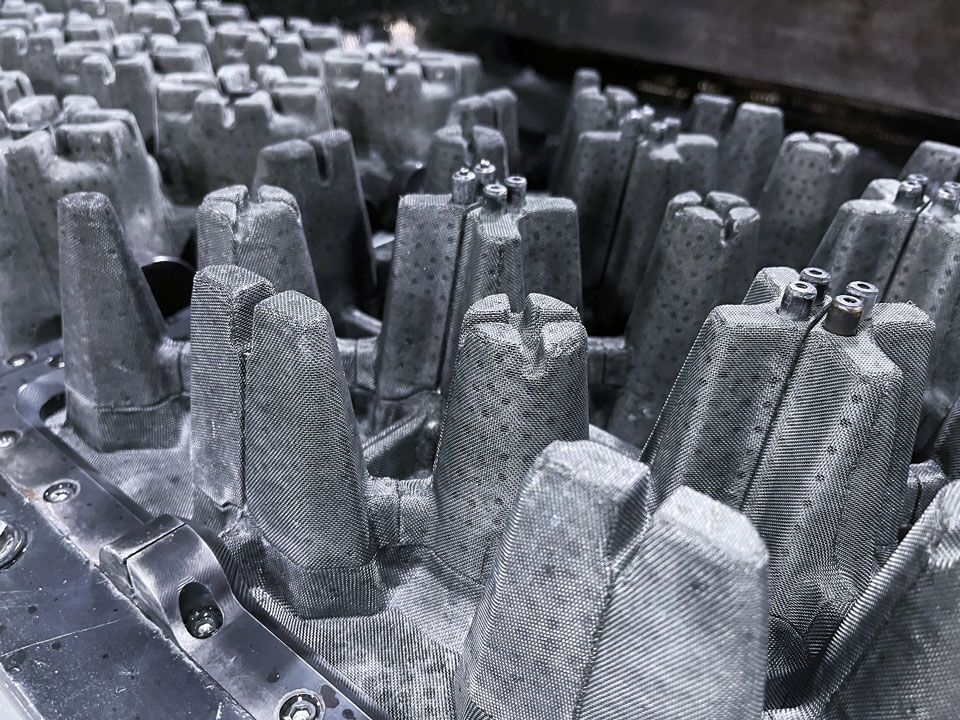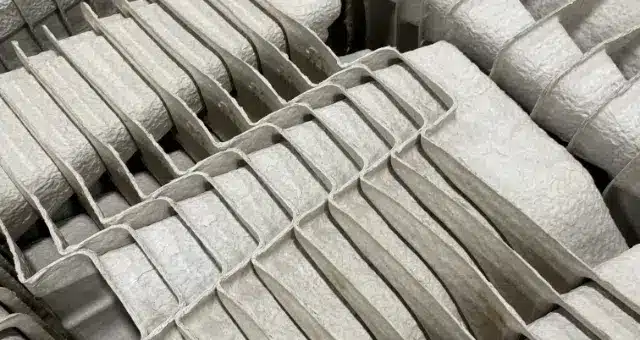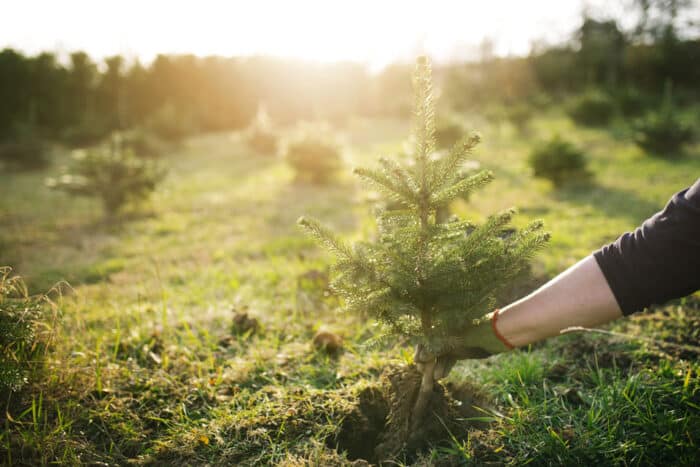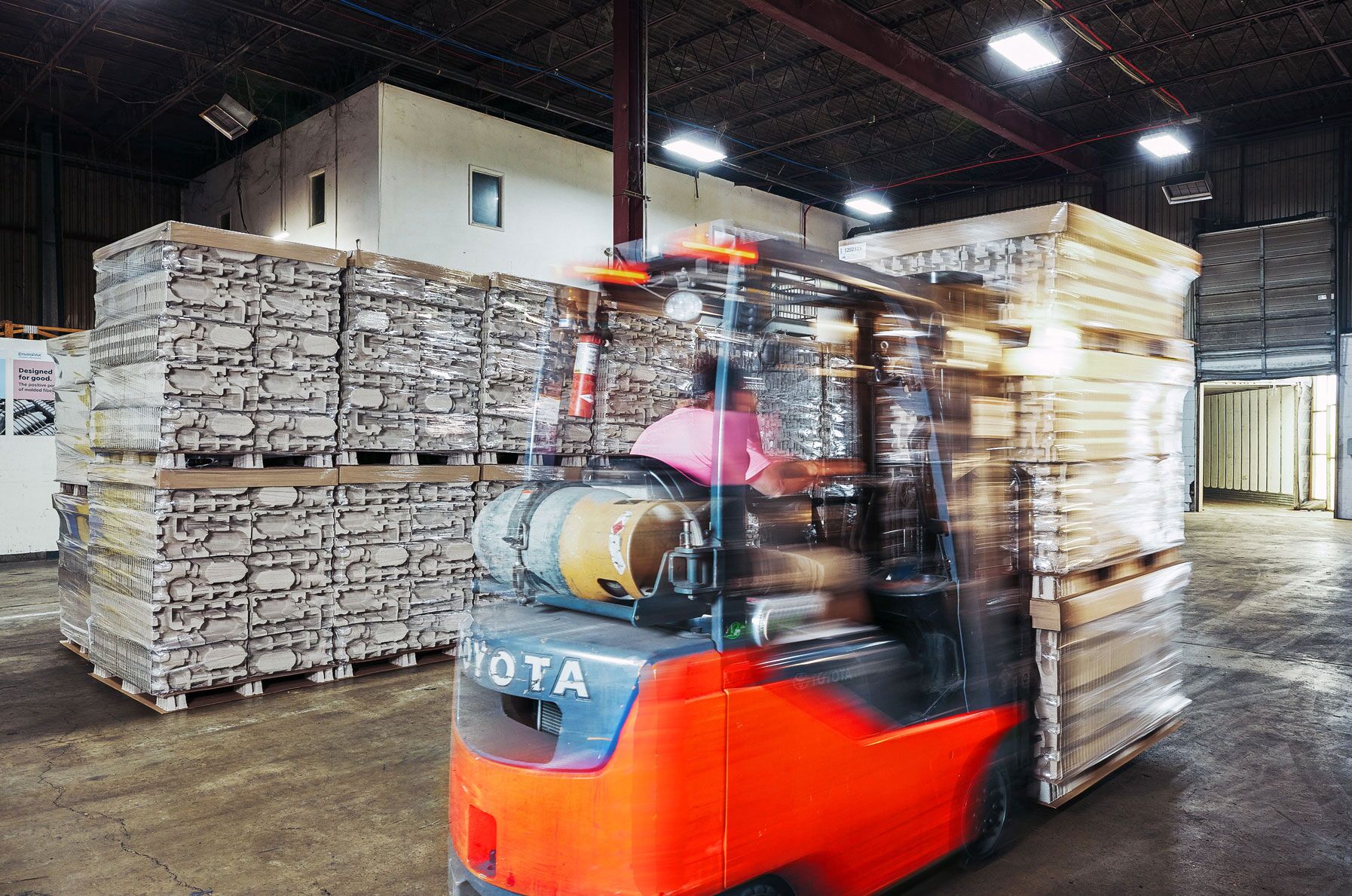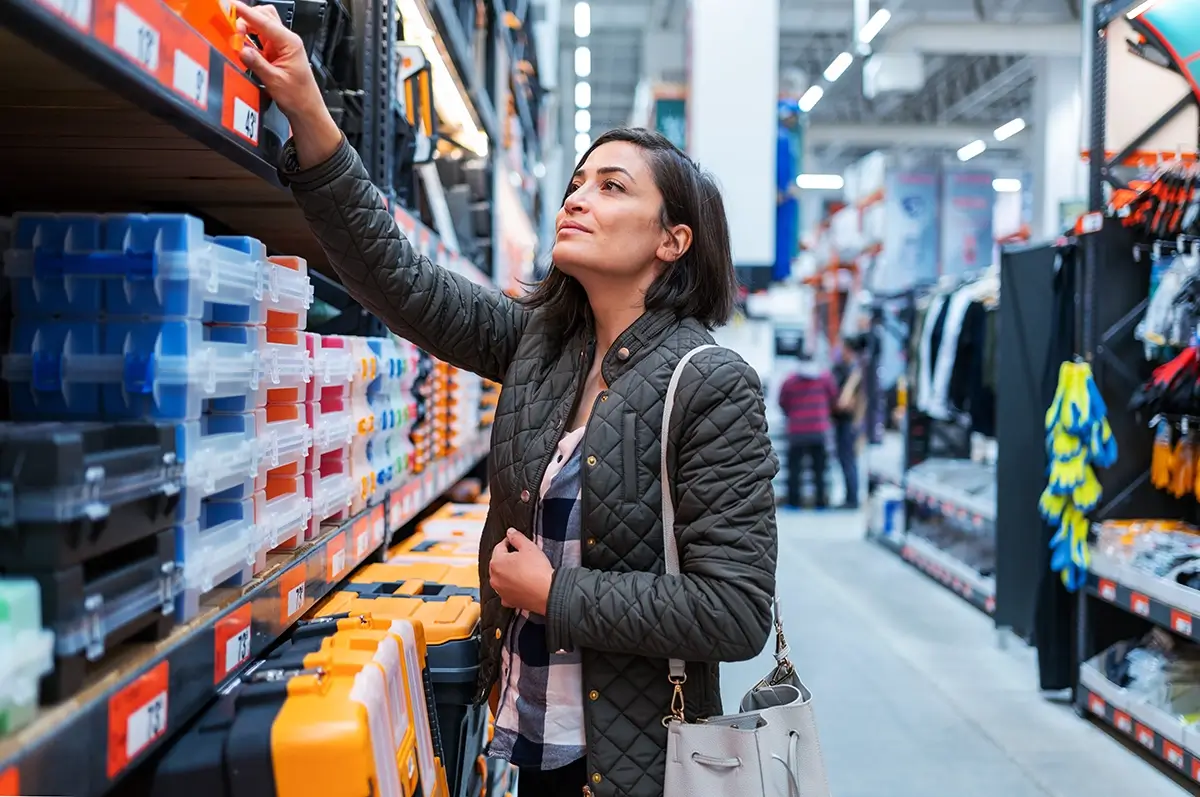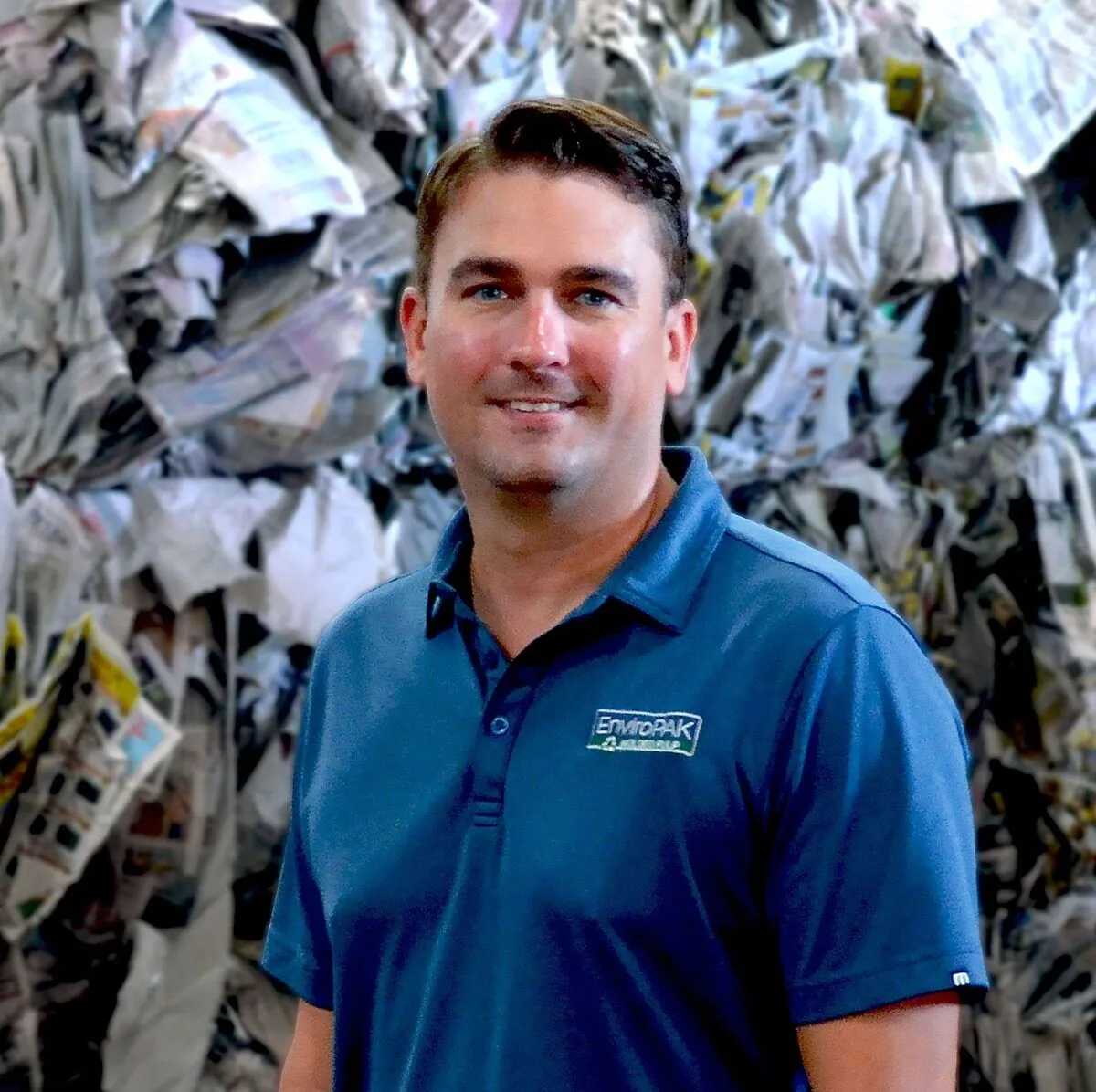There’s no question that life outside makes you feel good inside. Running, cycling, hiking, camping, fishing, hunting, canoeing … There is a world of outdoor possibilities for everyone, everywhere to enjoy. While product brands are making these adventures possible, and even more memorable, customer expectations go well beyond offering a quality product.
Brands that specialize in these outdoor markets are discovering that what people want to buy is just as important as what these consumers want to save: Our planet.
Being able to deliver on this customer expectation is essential for market growth. And it’s a market with a lot of financial opportunities.
Outdoor Industry Association (OIA) and Outdoor Foundation (OF), authorities on outdoor participation data, jointly released findings from the 2023 Annual Outdoor Participation Trends Report. The report reveals that the outdoor recreation participation base grew 2.3% in 2022 to a record of 168.1M participants.
The amazing fact of this statistic is that it equals 55% of the U.S population. In addition, 80% of all outdoor activity categories experienced participation growth in 2022, including large categories such as camping and fishing.
In the perfect world outdoor products and nature coexist.
For the outdoor industry, consumer sustainability trends have created an eco-conscious shift in both product material as well as packaging material choices. The catalyst is centered on the growing number of consumers who make buying decisions based not just on product quality, but overall sustainability, too.
Simply put, preserving a positive brand reputation also requires preserving the environment where outdoor products are being used. That means companies must ensure their outdoor goods can coexist with nature.
Companies offering a green product line are helping accomplish this essential brand attribute that consumers are shopping for. These same brands are also aligning with the sustainability missions of outdoor retailers such as Cabelas, BassPro, REI, Dick’s, Patagonia, and Moosejaw.
The green brand advantage.
Switching to sustainable packaging is one positive change brands are finding has sales appeal with eco-conscious consumers. One packaging material choice that has seen great success is molded fiber which reports show is expected to grow at a CAGR of 7.7% from 2024 to 2030 to reach USD 9.11 billion by 2030.
Projection forecasts by the research firm GVR also shows an “Increased demand for sustainable packaging solutions owing to growing awareness regarding plastic waste and its adverse effects on the environment … coupled with stringent regulations against single-use plastics is expected to drive the demand for molded pulp packaging.”
While this material offers the protection characteristics required for product shipping, molded fiber is becoming the go-to choice for an abundance of packaging design possibilities as well as the sustainable brand appeal it offers. As one leading packaging designer, Juan Campdera from the design firm Aktiva, describes:
“In today’s landscape, consumers – especially the younger Generation Z and Alpha – are actively searching for remedies to the issue posed by excessive packaging production. Solutions center around reducing packaging volumes, crafting items from sustainable sources, enabling recyclability, and ensuring biodegradability for landfill scenarios. [ Molded Fiber ] packaging impeccably fulfills these requisites.
Aligned with eco-conscious, cruelty-free, vegan, and sustainable brand movements, this design avenue gains robust backing. [ Molded fiber ] packaging aptly addresses the aspirations of emerging consumer generations that uphold the ethos of less is more. Its impact is evident from the very first impression, underlining its unwavering commitment without any deception.”
A vehicle of positive change.
The sustainability movement is truly gaining momentum at Polaris, the global leader in powersports such as ATVs and snowmobiles. This Minnesota based company, with over 16,000 employees, is making a concerted push to ensure the protection of the environment where people operate the company’s off road vehicles .
With a theme of “Geared for Good”, Polaris has set yearly manufacturing goals for utilizing renewable energy, water stewardship programs, and also plans to divert 90% of waste from landfills within the next ten years. Part of this sustainability effort includes using eco-friendly EnviroPAK custom molded fiber packaging that ensures safe shipment of Polaris accessories and other parts requiring assembly at the dealership.
Besides being recyclable, biodegradable, and compostable; molded fiber packaging can be designed to meet shock and vibration standards of UPS, FEDEX, Amazon, and ISTA. It’s something companies require in order to achieve positive outcomes for a custom packaging solution.
What’s old is new.
While molded fiber is not a new material (the first patent filing was in 1903), its applications for packaging have gone way beyond the days of just protecting eggs. For Nike, a major retailer of outdoor road and trail running shoes, they are fully embracing the running movement, and the sustainability movement, of their consumers.
Their sustainability goals sum it up: “Our vision is zero waste. Period. In footwear, we’re optimizing specialty shoe packaging so all aspects of the shoe box can be recycled and changing the size of shoe boxes to create the best fit to reduce weight and waste.”
Being eco-friendly focused is a good story to talk about for so many outdoor goods companies. But the sustainability story was a real eco-conscious concern for Prana. This maker of popular outdoor clothing for activities such as hiking and camping had a retail store ask them a simple, but eye opening question: “What do you want me to do with all this?” It was accompanied by a picture of a massive amount of non recyclable plastic packaging from just one daily shipment of Prana outdoor clothing.
Prana’s response was an eco-friendly action to commit to using only responsibly made packaging from start to finish. The positive results show their sustainability commitment: Between 2010-2020 Prana eliminated over 20 million plastic bags. Now 100% of Prana product packaging is plastic-free.
Designed for good.
For brands wanting to achieve year-over-year market growth for their outdoor goods, sustainability is here to stay and the way to go. You see it in Mercury Marine. Their efforts in sustainable packaging not only includes materials that can be recycled, but also includes returnable and reusable packaging systems – all to avoid landfill waste.
There are plenty of other outdoor product brands looking to ensure a world without harmful waste such as camping gear leader Coleman and RIO fishing lines. Both of these companies utilize 100% biodegradable and 100% compostable molded fiber packaging. The list goes on and includes American Outdoors – a company known for the popular Bubba brand of fishing gear such as hook removal pliers.
It’s important to note that sustainability is going beyond just the packaging that contains and protects the product. Actual product materials are becoming a focus of sustainability for outdoor brands. One unexpected example is furniture for outdoor recreational spaces. Forbes Magazine highlights this state of manufacturing in the recent article, The Latest Trends in Outdoor Design is Sustainability, where they point out:
“Consumers are being more thoughtful about how their purchases impact the environment. This especially applies to outdoor spaces. Sustainability is resonating with consumers because there is a growing awareness of the impact of consumer choices on the environment.
As people become more conscious of their ecological footprint, they are seeking products and brands that align with their values. Sustainable practices demonstrate a commitment to reducing environmental impact, which appeals to consumers who want to make responsible choices.”
Yes, the key to sustainability is choosing the right materials. Especially packaging. These are materials that are non toxic to humans or animals, ethically produced, prevents deforestation, doesn’t exploit workers, and will ultimately reduce landfill waste for a positive impact on the environment.
Sustainability is demanded by consumers, and outdoor retailers.
Products sold through both online and brick and mortar retailers have to meet a wide range of standards before a consumer ever makes a purchase. From the actual material and processes used to manufacture the product to the packaging it is shipped and displayed in, one of those requirements gaining momentum is sustainability.
Many outdoor retailers have (or are putting in place) very stringent guidelines for their vendors that focus on the reduction (and eventual elimination) of all environmentally harmful materials in products and the packaging for these products. What they are looking to eliminate includes: Polyethylene Terephthalate (PET or PETE), Polypropylene (PP), High-Density Polyethylene (HDPE), and Polystyrene (PS or Styrofoam).
A net zero goal is what these retailers are striving to achieve and they are demanding that their product suppliers help them get there. Just look at the sustainable direction outdoor retailers Bass Pro Shops and Cabela are heading. This is especially true with America’s largest co-op for outdoor goods: REI. As CNN reports:
“REI has diverted 84% of its operational waste away from landfills in 2022, and it is working toward certification for many of its distribution centers and retail facilities. [ REI ] expects its brand partners to fight climate change. The most recent update tackled polyfluoroalkyl substances (PFAS), the super-toxic ‘forever chemicals’ often used for waterproofing or grease-resistance in outdoor products.”
Many consider Patagonia to be even more sustainability progressive with a motto of “Earth Is Now Our Only Shareholder” – especially as it moves toward 100% compostable, reusable, recyclable packaging by 2025. They really put their money into this eco-conscious effort by donating 1% of sales each year to grassroots environmental nonprofits. Patagonia refers to it as a “1% Earth tax to defend our air, land and water around the globe.”
We can all live better with that kind of tax.
Learn more about why custom molded fiber packaging is the positive sustainable direction for the environment and the outdoor goods your customers demand in 2024, and beyond, by contacting EnviroPAK. At EnviroPAK, our molded fiber packaging, made from 3,500 tons of recycled paper yearly, is the ideal sustainable, 100% biodegradable and 100% compostable solution to protect your products and your brand image with outdoor consumers.


